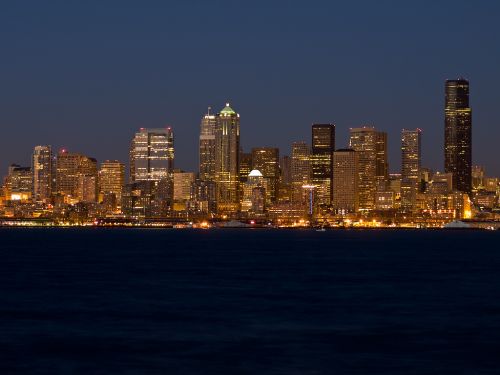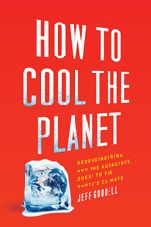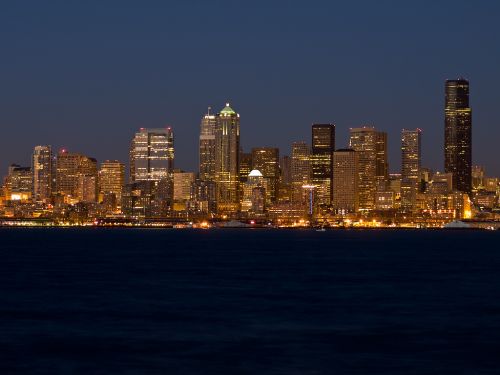 Courtesy Michael @ NW Lens via FlickrOn a wintery, gusty morning last Saturday, Seattle Mayor Mike McGinn rode his bicycle down from his north-side home to a downtown architecture and design firm for a rather unmayoral event. Some 60 or 70 people had gathered for a daylong “unconference,” a loosely organized bring-your-own-lunch affair, to plot how Seattle can become the first carbon neutral city in North America.
Courtesy Michael @ NW Lens via FlickrOn a wintery, gusty morning last Saturday, Seattle Mayor Mike McGinn rode his bicycle down from his north-side home to a downtown architecture and design firm for a rather unmayoral event. Some 60 or 70 people had gathered for a daylong “unconference,” a loosely organized bring-your-own-lunch affair, to plot how Seattle can become the first carbon neutral city in North America.
Here’s the background, quickly: Last fall, at a two-night lecture at Seattle’s Town Hall, Worldchanging’s Alex Steffen invited the city to adopt a goal of complete carbon neutrality by 2030. This drew attention. Saturday’s event was an attempt to flesh out the plan.
Steffen opened it by showing a slide of a unicorn. “The rest of the world sees us as magical,” he said. If Seattle can’t figure out urban sustainability, no one can, he said. If we can, other places will imitate us.
The rest of the day was an exchange of ideas led by the sustainability thinkers and organizers (Seattle’s green rock stars, if you will): people like Sightline’s Eric DePlace and Roger Valdez, waterfront defender Cary Moon, scientist Peter Erickson of the Stockholm Environment Institute, and Walkscore developer Jesse Kocher.
One panel explored to make car-free living more attractive. Another looked at radical building efficiency. Sustainability-minded neighborhood organizers talked about “how to take your neighborhood council.” City council member Mike O’Brien suggested turning drivers’ licenses into transportation licenses by embedding ORCA (regional transit) card technology into them.
This stuff was impressive enough. I thought the mayor’s presence was even more interesting.
McGinn has been in office just three months, after a local organizing career with the Sierra Club and Great City, an urban advocacy group he co-founded. Saturday’s group seemed to accept him as a co-conspirator, and he seemed to know what the roomful of wonks and ideas people needed to hear.
He focused on the success of the Alki Foundation—the political arm of the Seattle Chamber of Commerce—in convincing city politicians to support its priorities.
“It’s about politics, folks,” he said. “It’s not about having the best ideas.”
Despite the rich aroma of wonkery in the room, McGinn told the crowd that he needed hacks, not wonks, to push their shared dreams through the machinery of city politics. “Helping elect people matters. It’s about having access,” he said.
There was tremendous energy for this work, in the room and around the city lately too. It brought to mind Paul Hawken’s ode to social change last year: “Large as it is, no one knows the true size of this movement.”



